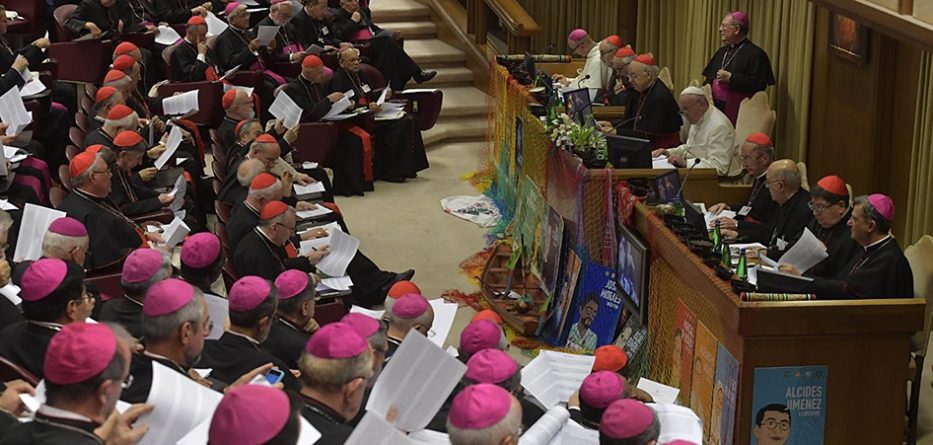As every Catholic knows, the pope runs the church. Is it not exceedingly strange, therefore, to call church governance an open question? Yes, it is strange, but I feel compelled to do so for three reasons. First, I have just published a book, When Bishops Meet, in which the third chapter is entitled “Who Is in Charge?” That question arose with unavoidable force as I compared and contrasted the last three church-wide councils: Trent, Vatican I and Vatican II. That review of the councils showed clearly that, historically speaking, the question of who runs the church is complex—and cannot be reduced to the papacy.
Is this simply an academic issue of no immediate import? I think not. The sexual-abuse crisis has moved the question of who runs the church from the peaceful groves of academe to the public square. This is a second reason to examine the question of church governance. The crisis first broke in Boston in 2001 but soon revealed itself as a church-wide problem of profound import. The many measures already taken by the bishops of the United States to deal with this crisis have had good effect. We hope and pray that the rigorous measures Pope Francis has mandated will have a similar effect worldwide. Much remains to be done, but a good beginning has been made.
We must not forget that. We also must not forget that, as the years have passed since 2001, it has become clear that at its roots the crisis is a crisis of leadership. The leaders of the church, the men in charge of the church’s well-being, failed to take the measures we had every right to expect them to take.
The third reason I feel compelled to address that issue is the emergence of synodality—the promotion of synods as an appropriate and needed component in the life of the church in today’s world—in recent documents from the Holy See. It in essence promotes a modification of the current processes of church governance and polity. Unfortunately, theologians and the Catholic media in the United States have paid scant attention to this development. In that regard, we lag behind other parts of the church.
To continue reading this article, click here.
John W. O’Malley SJ is University Professor emeritus in the theology department at Georgetown University.
Editor’s note: This essay is adapted from a symposium at the Lumen Christi Institute in Chicago, Ill., on Nov. 4, 2019. A response by Russell Hittinger, “A diversity of authority: Church governance throughout history,” can be found here.
With thanks to America Magazine and John W. O’Malley SJ, where this article originally appeared.








